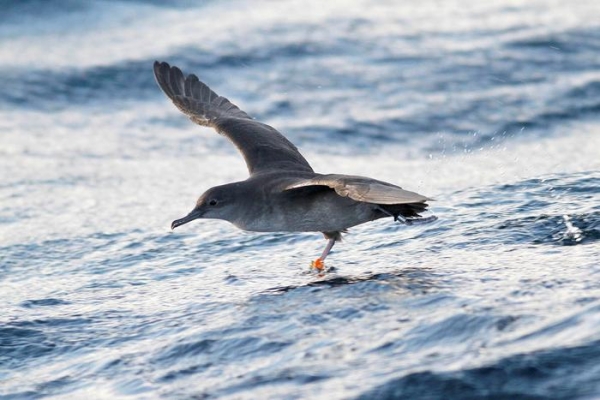How individual animals respond to climate change is key to whether populations will persist or go extinct.
articles
AI-Powered App Can Detect Poison Ivy
Poison ivy ranks among the most medically problematic plants.
PolyU Develops High-Efficiency Carbon Dioxide Electroreduction System for Reducing Carbon Footprint and Progressing Carbon Neutrality Goals
Global warming continues to pose a threat to human society and the ecological systems, and carbon dioxide accounts for the largest proportion of the greenhouse gases that dominate climate warming.
Prenatal Air Pollution Exposure Linked to Severe Newborn Respiratory Distress
Prenatal exposure to air pollution increases the risk of severe respiratory distress in newborn babies, according to new research conducted at the Penn State College of Medicine in collaboration with the Maternal-Infant Research on Environmental Chemicals (MIREC) Study led by Health Canada.
Geoengineering May Slow Greenland Ice Sheet Loss
One of the many effects of global warming is sea-level rise due to the melting and retreat of the Earth’s ice sheets and glaciers as well as other sources.
Nanosized Solution is Making a Big Impact in Alberta’s Oil Sands
The oil sands industry relies heavily on water for its extraction processes, resulting in significant volumes of contaminated water.









